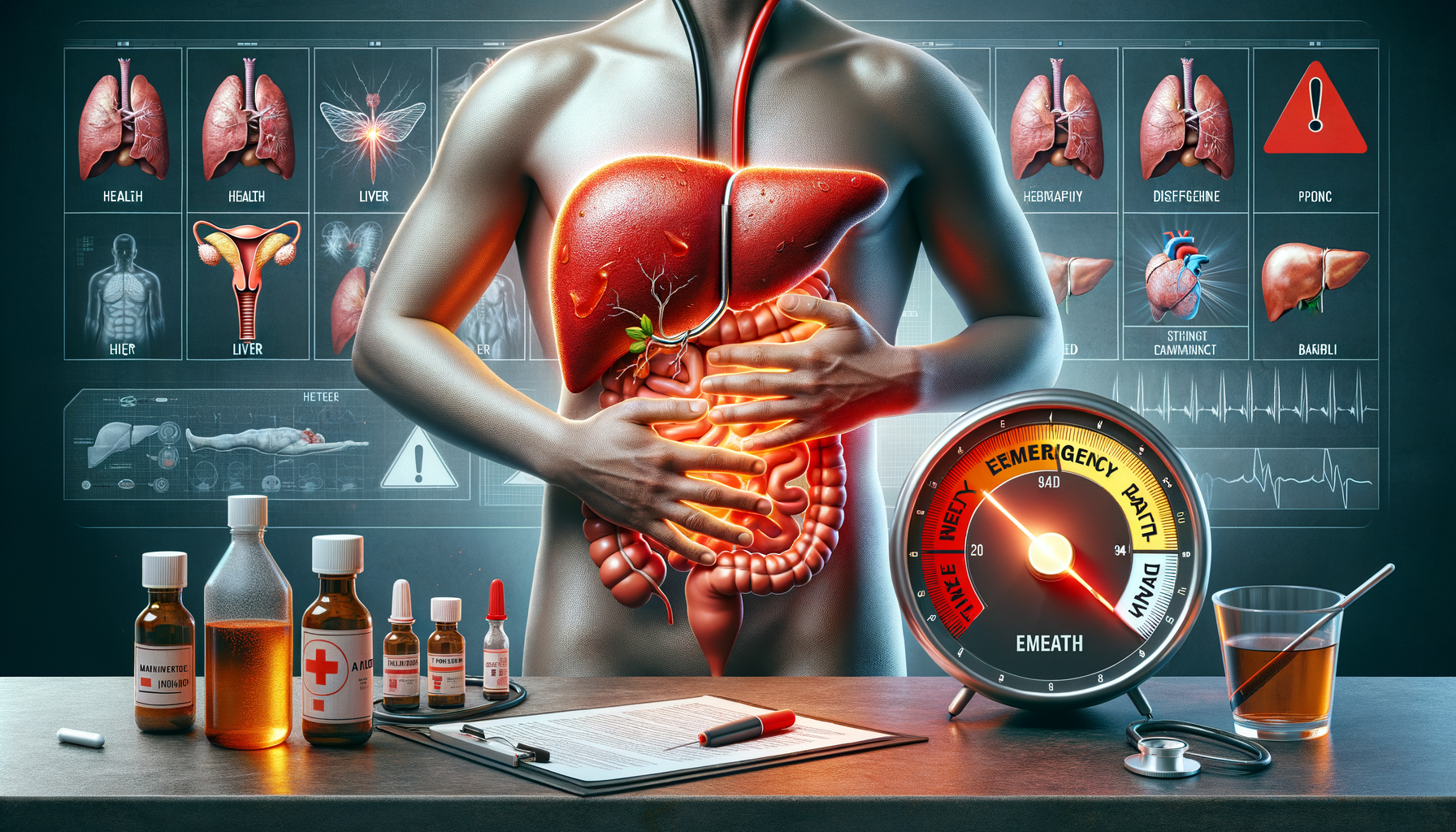
Abdominal Pain and Liver Health: When to Seek Emergency Medical Help
Introduction to Liver Health
The liver is a vital organ that plays a crucial role in maintaining overall health. It is responsible for detoxifying the blood, producing essential proteins, and storing nutrients. Maintaining liver health is essential for the body’s proper functioning, and understanding when abdominal pain might indicate a liver problem is critical for timely intervention.
Understanding Liver Functions
The liver performs several essential functions that are vital for survival. It processes nutrients absorbed by the intestines, converts these nutrients into usable forms, and stores them for later use. Additionally, the liver is responsible for detoxifying harmful substances, including alcohol and drugs, and converting them into harmless byproducts.
Another key function of the liver is the production of bile, which is essential for digestion. Bile helps break down fats in the small intestine, making them easier to absorb. The liver also produces proteins necessary for blood clotting and immune function. These functions highlight the liver’s importance and the need for its protection.
Signs of Liver Problems
Recognizing the signs of liver problems can be challenging, as symptoms are often subtle and easily mistaken for other conditions. However, certain symptoms should not be ignored. These include jaundice (yellowing of the skin and eyes), dark urine, pale stool, chronic fatigue, and persistent abdominal pain, especially in the upper right part of the abdomen.
Abdominal pain associated with liver problems can vary in intensity and may be accompanied by swelling or tenderness. It is crucial to seek medical attention if these symptoms persist, as they could indicate liver inflammation, infection, or other serious conditions.
- Jaundice
- Dark urine
- Pale stool
- Chronic fatigue
- Persistent abdominal pain
When to Seek Emergency Medical Help
While some liver-related symptoms may be managed with lifestyle changes and medical treatment, others require immediate attention. If you experience sudden and severe abdominal pain, confusion, or difficulty breathing, it is essential to seek emergency medical help. These symptoms could indicate a serious liver condition, such as liver failure or a ruptured liver cyst.
Emergency situations also include vomiting blood, experiencing a rapid heartbeat, or losing consciousness. In such cases, time is of the essence, and prompt medical intervention can make a significant difference in outcomes.
Conclusion: Prioritizing Liver Health
Maintaining liver health is crucial for overall well-being. By understanding the liver’s functions and recognizing the signs of potential problems, individuals can take proactive steps to protect this vital organ. Regular check-ups, a healthy diet, and avoiding excessive alcohol consumption are key strategies for supporting liver health. If you experience symptoms that suggest liver issues, do not hesitate to seek medical advice.